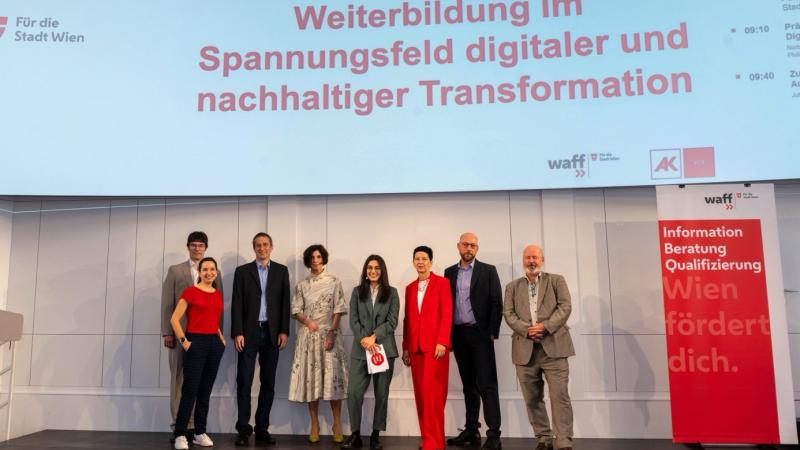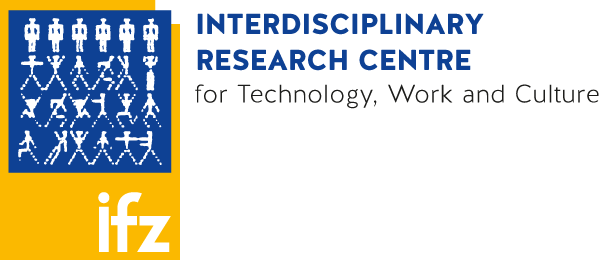Shaping digital and sustainable transformation in a socially just way

11. June 2024
There will be no simple technological solutions to complex social challenges such as healthy nutrition for all people or responsible implementation of artificial intelligence in organizations without taking social aspects, environmental factors, social structures and power relations into account. The IFZ therefore researches the field of tension of digital and sustainable transformation in transdisciplinary projects with a social justice perspective.
No poverty, health, quality education, gender equality, decent work, responsible consumption, climate protection, peace ... these are just some of the 17 Sustainable Development Goals proclaimed by the United Nations. We can and will respond to these social, ecological and societal challenges in part with technological developments, but there will be no simple technical solutions to social and ecological problems without taking social aspects, environmental factors, societal structures and power relations into account. Systemic solutions are needed for such complex transformation processes, and the IFZ is researching this in various transdisciplinary projects.
In her key note “Social gender justice in digital and sustainable transformation processes”, Anita Thaler spoke to an audience of 200 people on May 15, 2024 at the symposium “Continuing education in the field of tension of digital and sustainable transformation”, a joint event organized by the Vienna Chamber of Labour and the Vienna Employee Promotion Fund (waff). She highlighted the tensions between digital and sustainable transformation, particularly from a gender and social justice perspective. Current examples from the IFZ from participatory, interdisciplinary technology research, taking into account user interests and gender aspects, provided illustrative material. PROTEA consequently includes social gender justice in a transdisciplinary research project, in this case to develop 3D-printed prostheses for and with specific users and stakeholders. This very integration of the gender dimension in science, technology and society was the topic of a session organized by Thaler and colleagues from the PROTEA team and the COST Action VOICES at this year's STS Conference in Graz.
And in the Graz case study of PLANET4B Sandra Karner, David Steinwender and Anita Thaler show why biodiversity and access to healthy food are also a question of social justice and how an inclusive and biodiverse garden project can be implemented in practice, thus providing inspiration for policy-makers, companies and civil society groups. Karner and Thaler presented their initial findings on the consideration of intersectionality in biodiversity research back in April at the “International Conference in Gender Research” from April 25-26 in Barcelona; their remarks can be read in the article “Can participatory action research deepen the understanding of intersectionality in the field of biodiversity research?”.
On June 7, AK Klagenfurt hosted a “Shaping Society” conference on the topic of digital transformation, where over 90 participants had the opportunity to reflect on social processes relating to artificial intelligence in three workshops. Anita Thaler organized a workshop on “AI in the workplace: in conversation, in decision-making, in co-creation!”. Based on the handbook “Responsible implementation of AI in the workplace”, which was developed as part of an IFZ research project, participants discussed their specific experiences with AI and machine learning in the workplace and opportunities for participation.
This topic was also covered in the production trade union’s magazine “Glück auf!”: “When a company decides to introduce an AI-based system in production, the decision is usually made at management level. Companies would be wise to involve all those affected in the process. In an interview for “Glück auf!”, technology and science researcher Anita Thaler explains why they should do this in good time."
